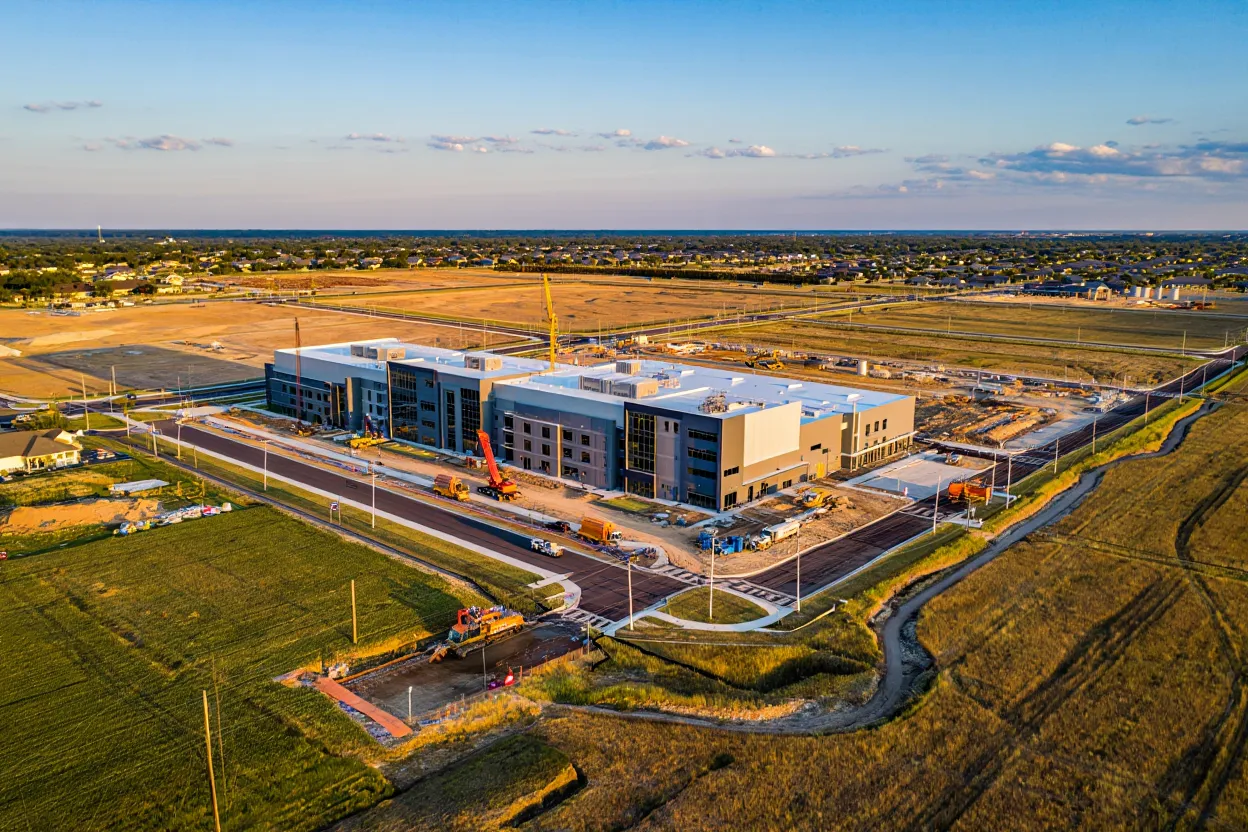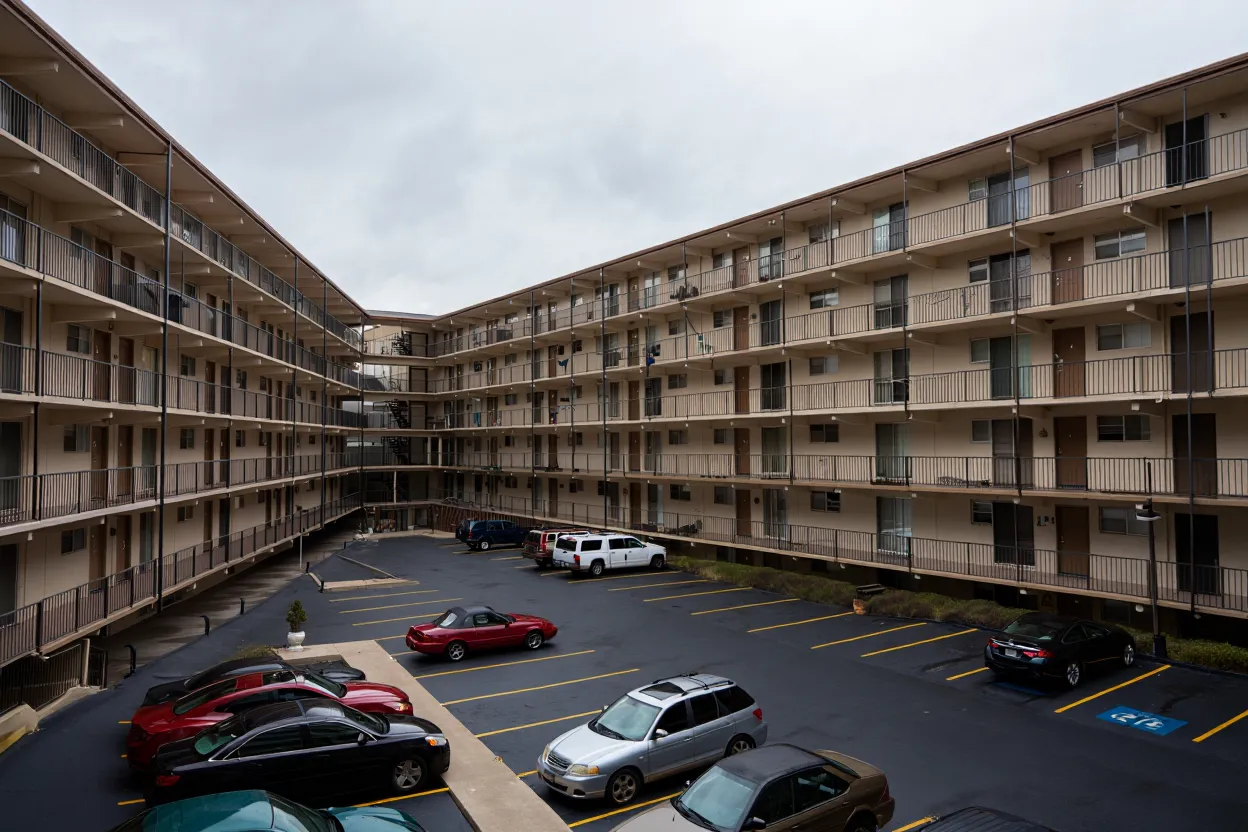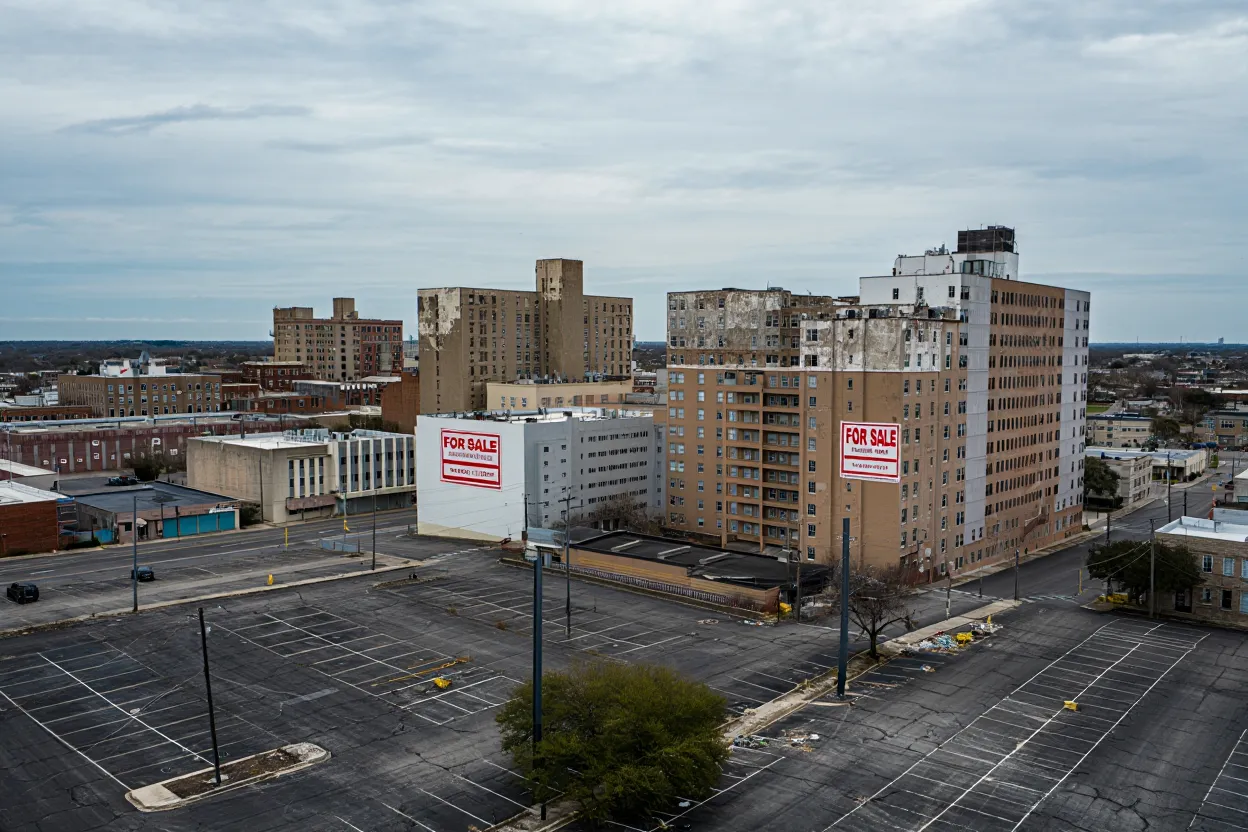- Two top real estate CEOs say Zohran Mamdani’s election hasn’t triggered any slowdown in leasing or corporate investment in NYC.
- Major projects like Ken Griffin’s 350 Park Avenue and RXR’s office leases show strong long-term demand for commercial space.
- While global investors remain cautious, both executives believe Mamdani is open to private-sector partnerships and practical governance.
NYC Office Market Still Booming
At CNBC’s Delivering Alpha conference, RXR CEO Scott Rechler and Rudin Management Co-Chairman Bill Rudin challenged fears that Mamdani’s win would drive business out of New York. Both pointed to strong market data and active leasing as signs of ongoing confidence in the city.
“New York City is back,” said Rechler. “We’re seeing CEO after CEO commit to long-term space. Leasing activity isn’t just for next year—tenants are locking in through 2032.”
Rudin noted that the city is on pace to hit over 40M SF of commercial leases by year-end. “Companies are growing here,” he said. “Nobody’s calling the moving trucks.”
Billionaires Still Betting on NYC
Ken Griffin, Citadel’s outspoken conservative founder, is helping develop a 2M SF at 350 Park Avenue. According to Rudin, Griffin plans to employ more people in NYC than in Miami.
Griffin isn’t the only one making moves. RXR recently signed a 300,000 SF lease with a law firm moving in by 2029. Just days after the election, the same firm asked for an additional 200,000 SF. Rechler also said RXR already has an anchor tenant lined up for a 2.8M SF project slated for 2031.
Get Smarter about what matters in CRE
Stay ahead of trends in commercial real estate with CRE Daily – the free newsletter delivering everything you need to start your day in just 5-minutes
Mamdani’s Impact: Concerns Abroad, Confidence at Home
While institutional investors abroad remain cautious, local demand tells a different story. Rechler, who also serves on the New York Fed board, said foreign partners often express concern over phrases like “rent freeze,” especially those investing in multifamily projects.
“In the Middle East and Europe, the first question is about Mamdani,” he said. Some investors have paused their decisions, waiting to see how policies evolve.
Despite these concerns, both Rudin and Rechler say they’ve had constructive conversations with the mayor-elect. “He knows he needs the private sector to achieve his goals,” Rudin said.
A Familiar Cycle—and a Chance to Collaborate
Rudin compared Mamdani’s rise to that of former Mayor Ed Koch, who shifted toward the center after taking office. He believes Mamdani may follow suit—especially when tasked with managing the city’s $116B budget.
The city’s recent zoning reforms under Mayor Eric Adams have already laid the groundwork for housing development. Now, Mamdani has signaled some willingness to involve private developers in solving the affordability crisis.
Rechler said they can collaborate on office-to-residential conversions, especially with COVID-era tax incentives requiring that 25% of units remain affordable.
Why It Matters
New York’s past challenges—9/11, the financial crisis, COVID—haven’t stopped it from bouncing back. Today, the city’s multifamily vacancy rate sits at just 1.5%, and demand for high-quality office space remains high.
“We’ve never seen this much tenant urgency,” Rechler said. “Deals that usually take a year are closing in three weeks.”
What’s Next
Governor Kathy Hochul holds veto power over city tax policy, which gives her leverage in shaping Mamdani’s agenda. Rechler said Hochul assured him she won’t allow income tax hikes. With her own election approaching, she may serve as a check on more aggressive fiscal moves.
Rechler also described a key meeting with Mamdani. “He came in prepared and open to dialogue,” he said. “He understands that to deliver on housing, he’ll need public-private partnerships.”
The contrast with former Mayor Bill de Blasio was stark. “De Blasio told business leaders, ‘None of you elected me,’” Rechler recalled. “Mamdani knows he needs to work with us.”
Bottom Line
Despite global investor hesitation, real estate leaders say businesses remain committed to NYC. With strong leasing momentum and a mayor-elect open to collaboration, New York’s commercial real estate sector is moving forward—not backing away.















